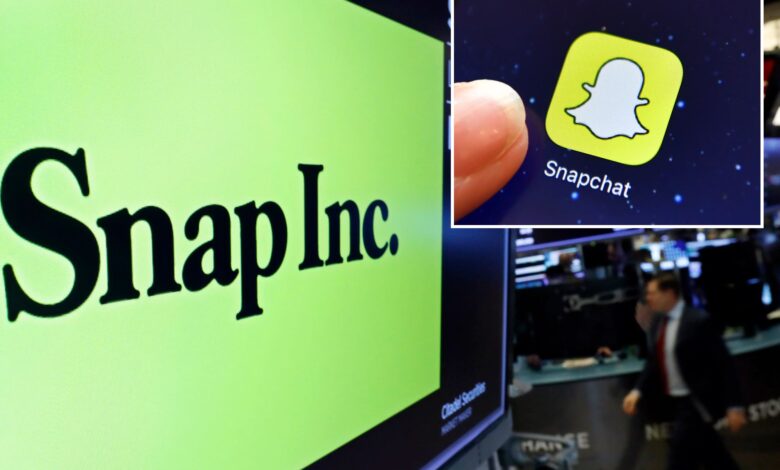Snapchat walks back friend-ranking feature blamed for ruining relationships

Snapchat demoted a controversial feature that ranks friends based on their relationship to the user after concerns that it was fueling insecurity among its teen-heavy audience.
The social media site said it would deactivate the default setting that automatically enabled the “Solar System” function on its Snapchat+ $4-per-month subscription service.
The tool is a ranking mechanism that assigned one of the nine planets to a friend based on the frequency with which they communicated with one another — analogous to the planets’ distance from the sun.
“We understand that even though it can feel good to know you are close to someone, it can also feel bad to know that you aren’t as close to a friend as you’d like to be,” the social media app said in a statement last week.
When the service was introduced in 2022, Snapchat+ subscribers were enrolled by default. Now the company said that those who want it must turn it on manually.
“We hope this strikes the right balance between providing a feature that is desired by many who use it while avoiding upsetting those who don’t want to use it,” the company said.
“We will also take the time to further evaluate the feature and determine if there are additional ways that we could improve it for our community.”
More than 20 million teens use the app in the US, though most don’t pay for Snapchat+.
Snapchat said the ranking system helped provide “additional awareness and context” to online friendships which “often lack the same context and social signals” of frontal and verbal communication.
So a “Mercury” tag was given to someone considered one’s closest friend while “Uranus” was meant to convey a distance in the relationship.
Last month, Callie Schietinger, a 15-year-old resident of Yorktown, NY, said her relationship with her boyfriend took a turn for the worse when he noticed that he was a Neptune in her solar system.
Schietinger said her boyfriend was angered when she told him that a male friend occupied the Mercury position.
“A lot of kids my age have trouble differentiating best friends on Snapchat from actual best friends in real life,” Schietinger told the Wall Street Journal.
Several other Snapchat+ subscribers told the Journal that friendships have ended and romantic relationships have fizzled due to the fallout from the Solar System rankings.
Schietinger said she and her boyfriend have split, though it was due to other reasons besides the app.
She said she won’t renew her Snapchat+ subscription when it expires next month.
“It’s everyone’s biggest fear put onto an app,” Schietinger said.
“Ranking is never good for anyone’s head.”
Snapchat and other social media apps have been sued in several jurisdictions over alleged mental health risks that they pose to young people.
In February, New York City filed suit against Snapchat, TikTok, Meta Platforms Inc. and Google, alleging that the platforms are designed to be addictive and harmful to teenagers’ well-being.
Scores of other cities and education departments have filed similar lawsuits.




